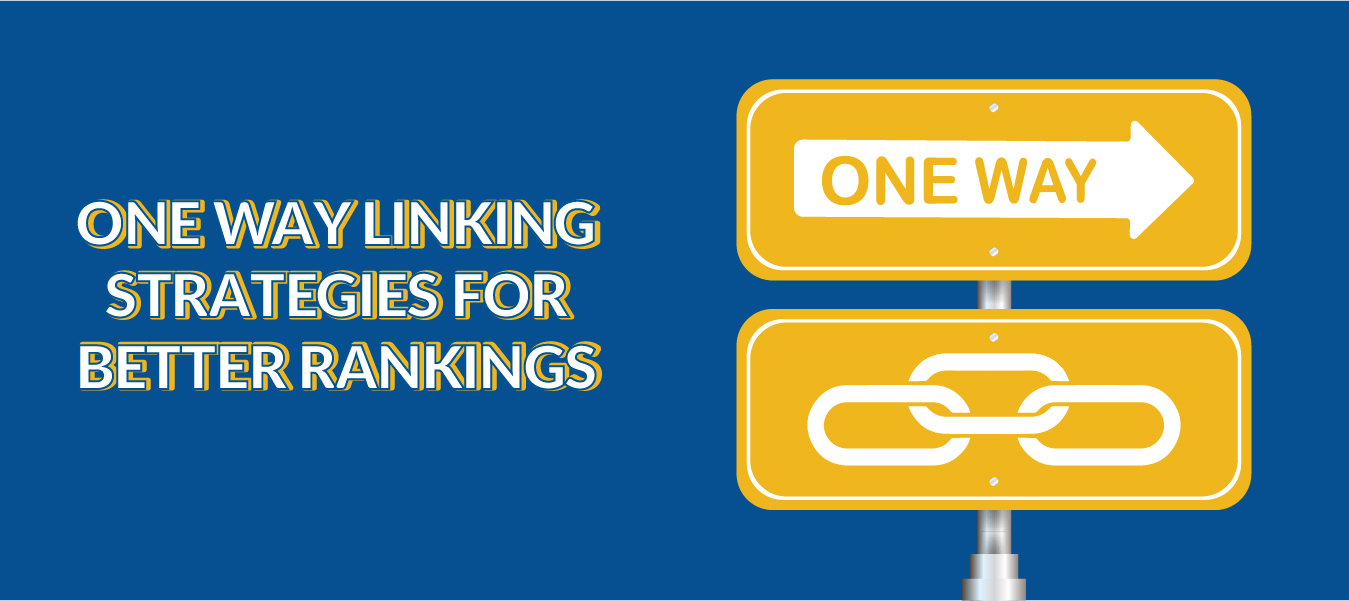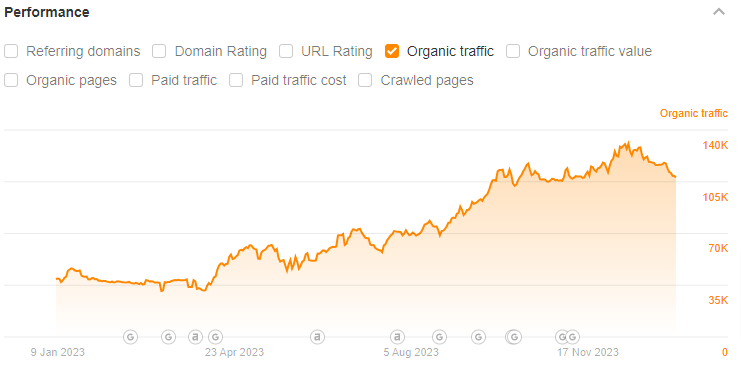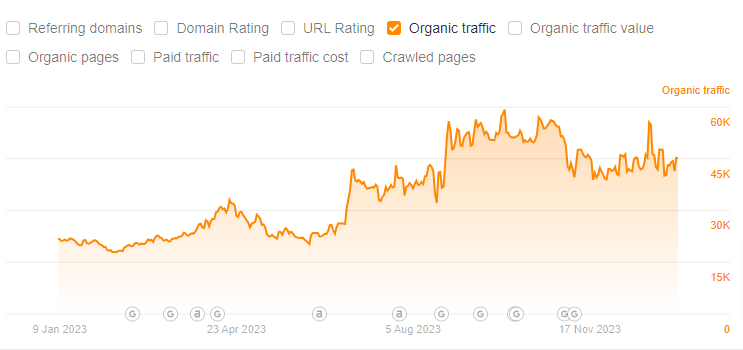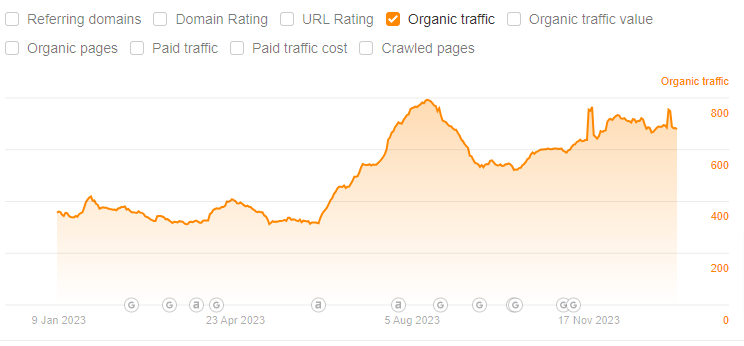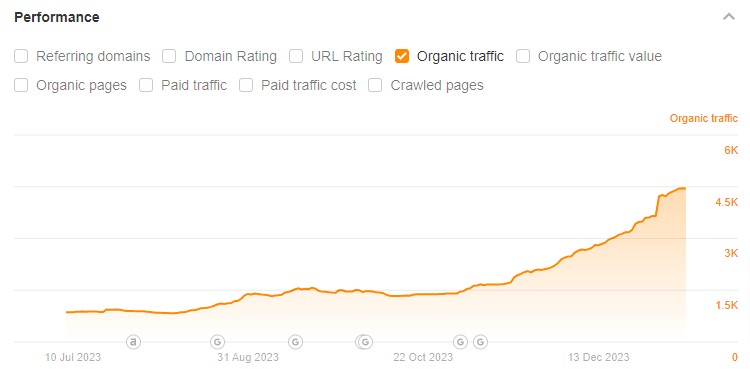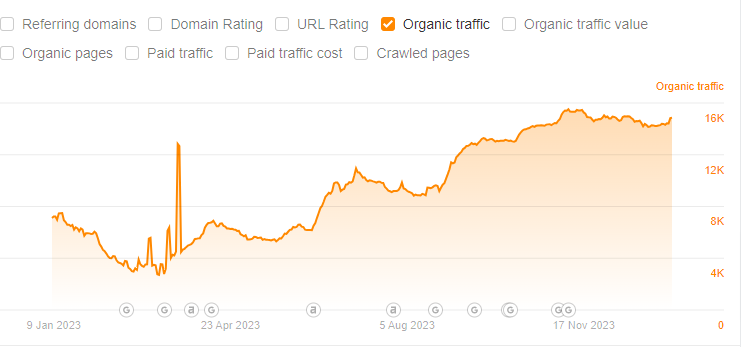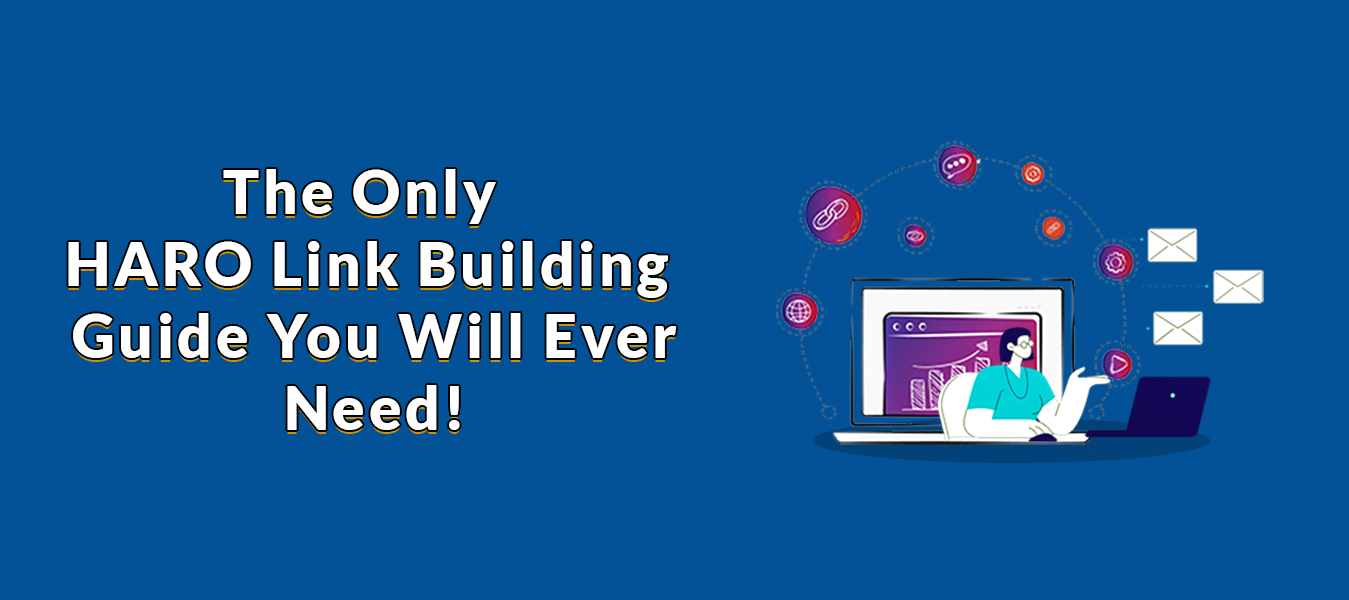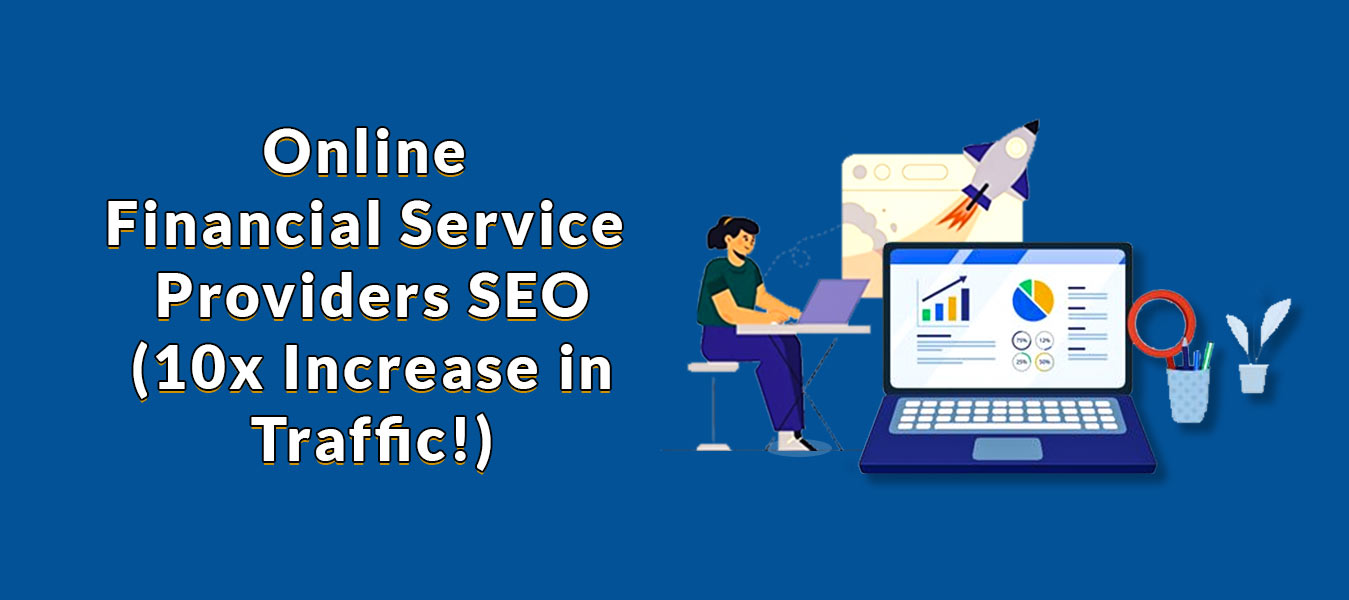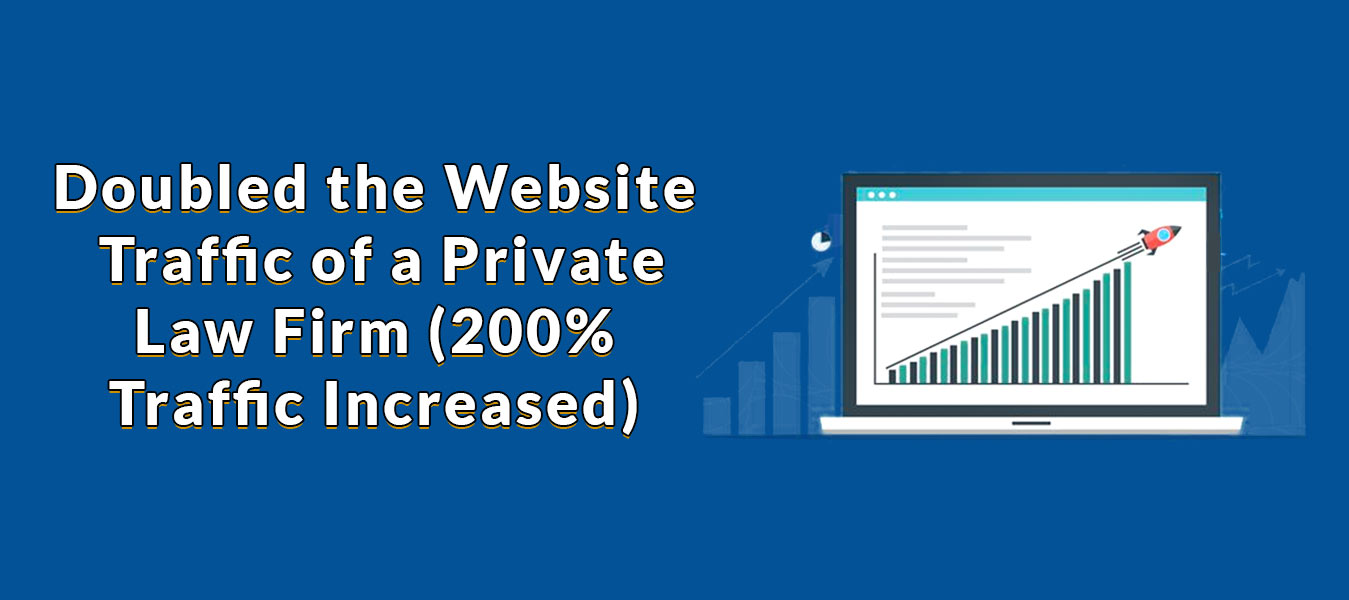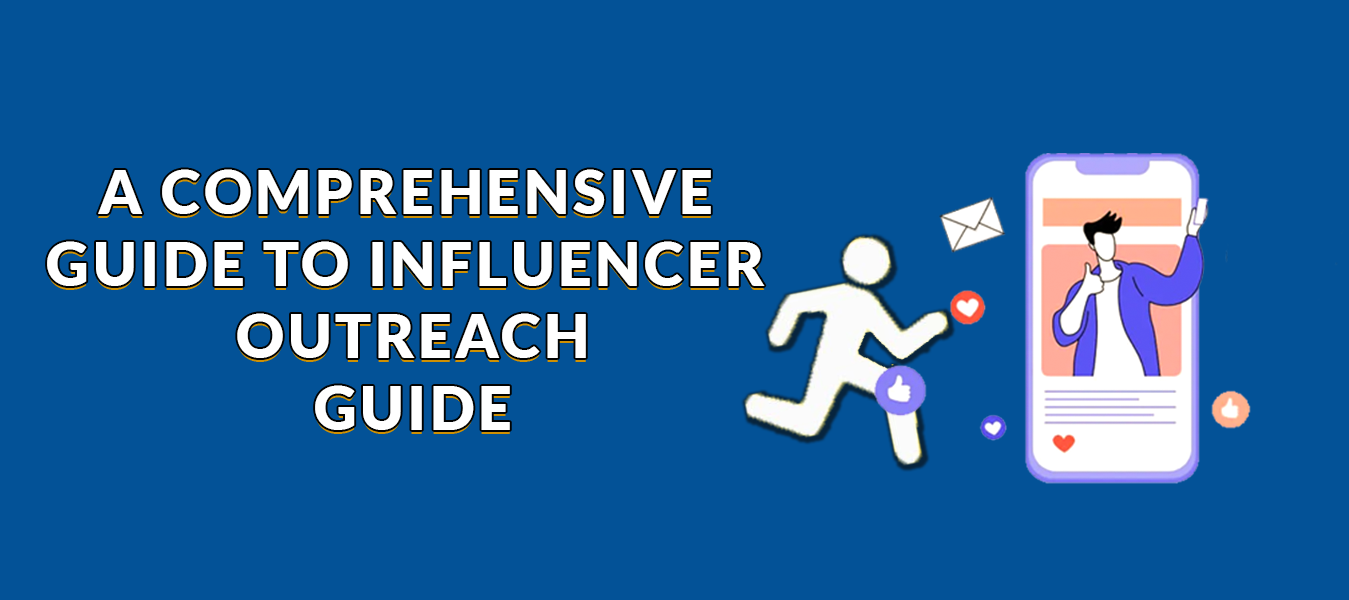As businesses and content creators strive to rise above the noise, mastering the art of one way linking has become a pivotal SEO strategy.
In this comprehensive guide, we’ll delve into the intricate world of one way linking. From crafting compelling content that naturally attracts links to forging meaningful relationships within your industry, we’ll explore a wide range of strategies and tactics to help you navigate this essential aspect of modern SEO.
Whether you’re a seasoned marketer or just beginning your journey in the digital landscape, understanding and mastering these one way link building strategies can be the key to unlocking the true potential of your online presence.
Table of Contents
|
Short Summary
One-way link building has become an essential aspect of modern SEO. This SEO strategy includes everything from content creation to content syndication and relationship-building. There are many types of one-way links, each providing unique benefits to improve your search engine rankings and increase website traffic. In short, don’t miss out on this vital tool if you want SEO success.
What Are One-Way Links?
One-way links, also known as inbound links or backlinks, are hyperlinks that point from one website to another without reciprocation. In other words, they are links from one site to another site, and the receiving site does not necessarily link back to the source site. One-way links are an essential concept in the field of search engine optimization (SEO) and are valued by search engines like Google for several reasons.
Imagine these links as pathways through the digital realm, connecting your website to the broader internet. They aren’t just hyperlinks; they are the building blocks of credibility, trust, and online authority. One way linking is a process that involves acquiring inbound links from other websites without the obligation of reciprocal linking. These valuable endorsements from external sources can significantly impact your site’s visibility, search engine rankings, and overall online presence.
To earn one-way links to your website, you can employ various strategies, including creating high-quality, shareable content, building relationships with influencers and other webmasters, and promoting your content through outreach and social media.
It’s worth noting that not all one-way links are created equal. Links from authoritative, relevant websites are more valuable than links from low-quality or unrelated sites. Additionally, the anchor text (the clickable text of the link) and the context in which the link is placed can also impact its SEO value. Therefore, it’s essential to focus on quality rather than quantity when building one-way links to your site.
What Is One Way Link Building?
One-way link building, also known as one-way link acquisition or inbound link building, is a search engine optimization (SEO) strategy focused on obtaining links from external websites to your own site without reciprocating by linking back to those sites. The primary goal of one-way link building is to improve your website’s authority, search engine rankings, and overall visibility on the internet.
One-way link building is a long-term SEO strategy that requires patience and consistency. It’s important to focus on building links from authoritative and relevant websites, as high-quality backlinks are more valuable in improving your site’s search engine rankings and overall online presence. Additionally, staying updated with SEO best practices and search engine algorithm changes is crucial for a successful one-way link building campaign.
How Does One Way Linking Work?
If other websites link to your website, search engines will take that as a vote for your website. You must comprehend link popularity and link reputable standing because not all links are equally significant for ranking highly in the search engines. You will benefit from knowing how to create a link portfolio for your website that looks natural. Similar to this, a few strong links from other significant pages can be the key to increasing page rank. The online pages that receive links from that page are also important since links are vital. Few links from significant pages are more beneficial than many links from unimportant sites.
Despite the fact that we have previously discussed link popularity, search engines today no longer just rely on it. Links are rated by search engines according to their significance. There are several methods for developing links on websites. One-way links are the most important of all. A one way link building strategy is used to create links between web pages. The most significant web pages can be linked to through one way linking to help the website succeed. Additionally, there are various link building techniques. Webmasters frequently consent to link exchanges with one another. Reciprocal link building is the term used for this type of linking.
A one way link is thought to be more useful than two-way links. The reason is that because search engines are aware of the agreement between webmasters, they occasionally disregard reciprocal links.
Types of One Way Links
There are several types of one-way links, each with its own characteristics and methods of acquisition. These types of one-way links can vary in terms of their SEO value and the effort required to obtain them. Here are some common types:
-
Editorial Links
Editorial links are natural, contextually relevant links that are earned when other websites find your content valuable and link to it without any request or exchange. These links are highly regarded by search engines because they are seen as a genuine endorsement of your content.
-
Guest Blogging Links
Guest blogging involves writing high-quality articles or blog posts for other websites in your niche or industry. In exchange for your content, you are allowed to include one or more links back to your website within the article or author bio. These links can be valuable if placed on reputable and relevant websites.
-
Resource Links
Resource links are one-way links earned when other websites reference your content as a valuable resource. This often happens when you publish in-depth guides, tutorials, or informative articles that other sites want to cite as references.
-
Broken Link Replacements
This strategy involves identifying broken or outdated links on other websites and reaching out to the webmasters to suggest replacing those links with links to your relevant content. It’s a win-win situation: the webmaster fixes their broken link, and you gain a one-way link.
-
Social Profile Links
Links from your social media profiles and business listings on platforms like Facebook, Twitter, LinkedIn, and Google My Business are considered one-way links. While these links may not have the same SEO impact as others, they contribute to your online presence and can drive traffic.
-
Content Syndication
Some websites allow you to syndicate your content, meaning they republish your articles with a link back to your original post. While this doesn’t provide unique content for search engines, it can increase your content’s reach and referral traffic.
-
Forum and Community Links
Active participation in online forums and communities related to your niche can lead to one-way links when you share your expertise and include links to your relevant content when appropriate. However, it’s essential to be genuine and avoid spammy behavior.
-
Press Coverage and PR
When your business or website is featured in news articles, press releases, or other media coverage, these media outlets often provide one-way links to your site. This can help improve your site’s authority and credibility.
-
Content Promotion and Outreach
Actively promoting your content through outreach to influencers, bloggers, and industry publications can lead to one way linking when these entities choose to feature or reference your content in their articles or posts.
-
Educational and Government Links
Links from educational institutions (.edu) or government websites (.gov) are highly regarded by search engines due to their authority. These links can be particularly valuable if you can establish partnerships or provide valuable resources to these institutions.
Remember that the quality and relevance of the websites linking to your content are crucial. High-quality, authoritative, and relevant one-way links carry more SEO value than links from low-quality or unrelated sites. Additionally, a natural and diverse link profile is essential for long-term SEO success. Focus on creating valuable, shareable content and building relationships with other webmasters and influencers to earn high-quality one-way links to your website.
Benefits Of One Way Links
One way linking offers several benefits for websites and online businesses. These benefits are primarily related to search engine optimization (SEO) and overall online visibility. Here are some of the key advantages of having one-way links to your website:
-
Improved Search Engine Rankings
One of the primary benefits of one-way links is their positive impact on your website’s search engine rankings. Search engines like Google consider backlinks as votes of confidence from other websites. When authoritative and relevant websites link to your content, it signals to search engines that your site is reputable and valuable, which can lead to higher rankings in search results.
-
Increased Organic Traffic
As your website’s search engine rankings improve due to one-way links, you’re likely to see an increase in organic (non-paid) traffic. When your site appears higher in search results, more users are likely to click on your link, resulting in more visitors to your website.
-
Enhanced Authority and Trustworthiness
Backlinks from respected and credible websites help establish your site as an authority in your niche or industry. Users and search engines alike tend to trust websites that are endorsed or referenced by other reputable sources.
-
Diversified Link Profile
A diverse portfolio of one-way links from various sources can provide a more robust SEO strategy than relying solely on reciprocal or low-quality links. A natural and diverse link profile is more likely to withstand algorithm changes and penalties from search engines.
-
Brand Exposure
One-way links can introduce your website to new audiences and potential customers. When your content is shared on other websites, it exposes your brand to a wider audience, potentially leading to brand recognition and increased referral traffic.
-
Long-Term Value
High-quality one-way links can provide long-term SEO benefits. Unlike some short-term SEO tactics, which may yield quick but unsustainable results, the value of authoritative backlinks tends to endure over time.
-
Content Validation
When other websites link to your content, it validates the quality and relevance of your content. This can encourage you to maintain a high standard of content creation, which, in turn, can attract more links and engagement.
-
Competitive Advantage
Websites with a strong and natural backlink profile are often better positioned to compete with other sites in their industry. If your competitors lack quality backlinks, it can give you an edge in search engine rankings and online visibility.
-
Referral Traffic
In addition to improving your SEO, one-way links can also generate direct referral traffic. When users click on links from other websites to reach your site, they can become potential customers or subscribers.
-
Relationship Building
Building relationships with other website owners and influencers in your industry as part of your one-way link-building strategy can lead to collaborative opportunities, such as partnerships, guest posting, and co-marketing efforts.
In summary, one way linking plays a crucial role in SEO and can have a significant impact on your website’s visibility, authority, and traffic. However, it’s essential to focus on acquiring high-quality, natural links from authoritative and relevant sources to maximize these benefits and avoid potential SEO pitfalls.
One Way Link Building Strategies
One way linking is an essential component of a successful search engine optimization (SEO) strategy. It involves getting other websites to link to your site without reciprocating with a link back. Here are some effective one way link building techniques:
Create Comprehensive and Valuable Content
Develop high-quality, informative, and comprehensive content that provides unique insights, solves problems, or addresses the needs of your target audience.
Strategic Guest Blogging
- Identify authoritative blogs and websites within your niche.
- Carefully study their content and audience to tailor your guest posts accordingly.
- Reach out to the site owners or editors with well-crafted pitches that highlight the value your content can provide to their readers.
- Write guest posts that are well-researched, engaging, and genuinely helpful.
- Include a relevant link back to your site in the body of the article or in your author bio.
Resource Link Building
- Search for websites in your industry that have resource pages or lists of useful links.
- Email the site owners with a polite request to include your content as a valuable resource.
- Emphasize how your content can benefit their audience.
Infographics and Visual Content
Create visually appealing infographics or other visual assets that convey complex information in an easy-to-digest format. Share these assets on your website and encourage others to embed them on their sites, providing proper attribution.
Content Syndication
Identify reputable platforms or industry-specific news sites that accept content syndication. Adapt your content for syndication while ensuring there’s a canonical tag pointing to your original content to prevent duplicate content issues.
Social Media Promotion
- Share your content on various social media platforms.
- Actively engage with your audience and encourage them to share your content with their followers, potentially leading to organic backlinks.
Expert Roundups
- Organize expert roundups or collaborative content pieces where you invite industry experts to contribute their insights.
- When experts share the roundup on their websites or social media, it can lead to valuable backlinks.
Outreach and Relationship Building
- Build genuine relationships with influencers, bloggers, and industry peers.
- Engage with them on social media, participate in discussions, and attend industry events.
- When appropriate, reach out to these connections and ask for mentions or links to your content.
Broken Link Building
Use tools to identify broken links on relevant websites within your niche. Reach out to the webmasters with a friendly message, informing them of the broken link and suggesting your content as a suitable replacement.
Press Releases and PR
Share noteworthy company events, product launches, or achievements through press releases. When picked up by news outlets or industry publications, these releases often include backlinks to your website.
Educational and Nonprofit Partnerships
- Establish partnerships with educational institutions or nonprofit organizations.
- Offer your expertise, resources, or support, and they may reciprocate with links to your site as a partner or resource.
Forum and Community Participation
Actively engage in industry-related forums, discussion boards, and online communities. Share valuable insights and only include links to your content when it genuinely adds value to the discussion.
Create Linkable Assets
- Develop unique, data-driven research, interactive tools, or calculators that can serve as valuable resources within your industry.
- These assets are more likely to attract natural backlinks.
Local SEO and Directories
Ensure your business is listed in reputable local directories and industry-specific directories. These listings can provide valuable one-way links, especially for local businesses.
Monitor and Track Progress
- Use tools like Google Analytics and SEO tracking tools to monitor the performance of your backlinks.
- Regularly review your link-building efforts and adjust your strategy based on the results.
You need to keep in mind that patience, persistence, and a commitment to producing valuable content are key to successful one way linking. Focus on building meaningful relationships within your industry and providing solutions to your audience’s needs. High-quality, relevant backlinks will naturally follow as your authority and credibility grow.
Concluding It Up
To sum it up, one way link building SEO can significantly affect your efforts at search engine optimization. They can also provide you with other advantages like more visitors and brand visibility, which can all help you rank better in search results. One way linking can be done in a variety of ways, including by producing excellent content, using social media marketing, guest blogging, and link baiting. Although there are some benefits and drawbacks to take into account, one way linking can still be a useful tool for your SEO strategy.
Frequently Asked Questions
Question 1: How can I earn high-quality one-way links to my website?
There are several strategies to acquire one-way links, including creating valuable content, guest blogging, resource link building, broken link replacements, and participating in forums and communities. It’s important to focus on high-quality, authoritative sources for these links.
Question 2: What types of one-way links are most effective for SEO?
Editorial links, guest blogging links, and resource links are highly effective for SEO as they are natural, contextually relevant, and earned based on the value your content provides to other websites.
Question 3: Why is it important to focus on quality over quantity when building one-way links?
Links from authoritative and relevant websites hold more SEO value compared to links from low-quality or unrelated sites. Additionally, search engines consider the context and anchor text of the link, making high-quality links more valuable.
Question 4: How does one-way link building improve search engine rankings?
When authoritative and relevant websites link to your content, search engines signal that your site is reputable and valuable. This positive endorsement leads to higher rankings in search results.
Question 5: What are the benefits of having a diverse link profile in one-way linking?
A diverse link profile that has links from various sources is more likely to withstand algorithm changes and penalties from search engines. It provides a more robust SEO strategy compared to relying only on low-quality or reciprocal links.


